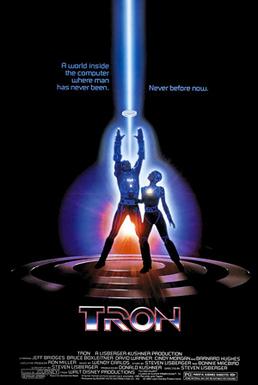No, I'm not going to talk about any obscure coding strategy to optimize programming among ubergeeks scattered around the world. I'm talking about what I consider a rel welcome revolution in the relation between the coders, who ultimately decide what we can and cannot do with our computers, ad we: the small people who can use a computer but cannot "do it ourselves" when it comes to adding a feature we need or removing something which pisses us off.
It all started with Dell, well I don't think they have been the first ones but it has been the moment when I have first met the phenomenon. If you visit this area of the Dell website you will find a sort of forum, where customers and would-be-customers alike can share their views, suggest their ideas and vote the ideas posted by everybody else. It is both useful for the company, which gets the feedback to improve his products in the right direction (aka make more money, we are not talking of philanthropy here), and for the users that have products more complying with what they really want instead of passively "suffering" the policies of the computer maker.
To get an idea of what this can do in the real world, consider that the idea of Ubuntu equipped Dell PCs came from IdeaStorm, and a year later all mayor PC makers are offering or planning Linux based machines and Linux boxes at wall-mart are sold out.
Finally today I have spent some time on the Ubuntu brainstorm, which was launched by Canonical, the company patronizing this Linux distribution. Like the Dell service, Ubuntu brainstorm implements a voting system so everybody can review the proposals of the others and concur to outline the ones which the community desires most.
I hope that more and more companies and developers will adopt this way of thinking, involving the base and hearing their needs instead of "bullet marketing" them trying to create needs they don't have (really, why would you strip a laptop of each and every useful feature just to slip it in an envelope! Btw there are envelope-fitting, full featured alternatives even if you have to pay for the difference).
I look forward to the next Windows brainstorm, I have a couple of visions to share with them ;)









